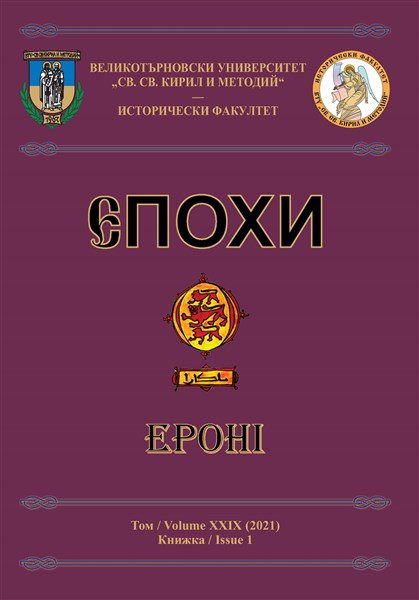
We kindly inform you that, as long as the subject affiliation of our 300.000+ articles is in progress, you might get unsufficient or no results on your third level or second level search. In this case, please broaden your search criteria.

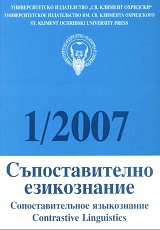

So, Tuzla. I am fearful for you, because your country is rich in history, and strong in ideal. I fear for you because the Bosnian War in the 90’s never really ended. I have recently seen video evidence that there was still fighting going on in the outskirts, mountains, and hills as late as 2015. I am worried because the liberal-democracy has failed you. NATO has failed you. The U.N. has failed you, and no one I know even remembers the event here in the West, at least none whom I have been exposed to outside academic circles. So, Tuzla. I am fearful for you, because your country is rich in history, and strong in ideal. I fear for you because the Bosnian War in the 90’s never really ended. I am worried because the liberal-democracy has failed you. NATO has failed you. The U.N. has failed you, and no one I know even remembers the event here in the West, at least none whom I have been exposed to outside academic circles.
More...
Bio je veliki pisac, iz kraja u kojem su se u naše vrijeme narađali veliki pisci. Ovi, u krugu koji bi se načinio šestarom, promjera ne šireg od deset kilometara: Miodrag Bulatović, Ćamil Sijarić i Marko Vešović. Iako su jedno, od istoga svijeta i jezika, njih trojica nikada se neće naći u istoj antologiji, pa čak ni istoj nacionalnoj književnosti. To je njihova, a i naša zajednička nesreća.
More...
He was a great author, coming from the region where many great authors were born. These ones, within the circle that could be drawn with a pair of compasses, no wider than 10 km in diameter, were: Miodrag Bulatović, Ćamil Sijarić and Marko Vešović. Although they represent one identity, from the same world and language, the three of them will never be present in the same anthology, not even in the same national literature. It is their, but also our mutual misfortune.
More...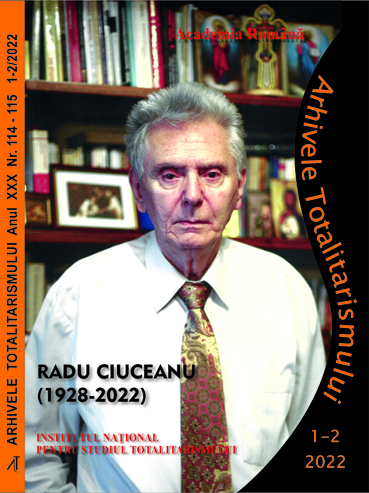
One of the important leaders ruling the destiny of the diplomatic ties of communist Romania in Moscow, Mihai Dalea was a member of nomenklatura during the Romanian socialist regime. Even if his professional trajectory wasn’t always as steady as it should be for a close member of the high-ranked leaders as Gheorghe Gheorghiu-Dej, Mihai Dalea is a long lasting leaders from Romanian Communist Party. The article discuss his professional trajectory based on his Cadre file from the archive of the RCP, mostly unknown until now and memoirs of other communist leaders.
More...
Nicolae Giosan distinguished himself in studies in the Soviet Union, through his experiences and research conducted at the chair headed by academician Trofim Lysenko. He was the first aspiring agricultural engineer in Romania to obtain the scientific title at the "Timiryazev" Academy and, in general, in the Soviet Union. At the time, he studied the biology of wheat hybrids with a view to increasing productivity. Deputy Minister of Agriculture and Forestry (1953-1955), director of the Research Institute for corn culture in Fundulea (1957-1962). First vice-president (1962-1965) and President (1965-1969) of the Superior Council of Agriculture, Minister of Agriculture and Forestry (1969), member and president of the Academy of Agricultural and Forestry Sciences (since 1969). Member of Romanian Workers' Party’s Central Committee (1955-1989), alternate member of Romanian Workers' Party’s Executive Political Committee of the Central Committee (1974-1989), deputy in all legislatures between 1957 and 1989 and president of the Grand National Assembly (1974-1989).
More...
Cornel Pacoste was one of the most important RCP activists in the 1970s and 1980s, even though he was not in the high ranking.The first part of his career was linked to academic life. After 1953, he taught at the Construction Institute in Bucharest and at the same time, he was a party activist for the university youth. In 1973, while he was the first-secretary of the Bucharest University Centre Party Committee, he was sent to work at the Ministry of Foreign Affairs Headquarters as chief of direction and party secretary organization within the MFA.He worked closely with the Foreign Intelligence Direction, especially with general Ion Mihai Pacepa. After general Pacepa’s defection, Pacoste was initially side-tracked. However, in time he resumed his functions as first secretary at Timiş county (1982), Executive Political Committee deputy member (1984), and vice president of the government (1987).During the days of the 1989 revolution in Timişoara Pacoste was sent by Nicolae Ceauşescu to calm the spirits. He was arrested on December 22, 1989 and sentenced to 20 years.
More...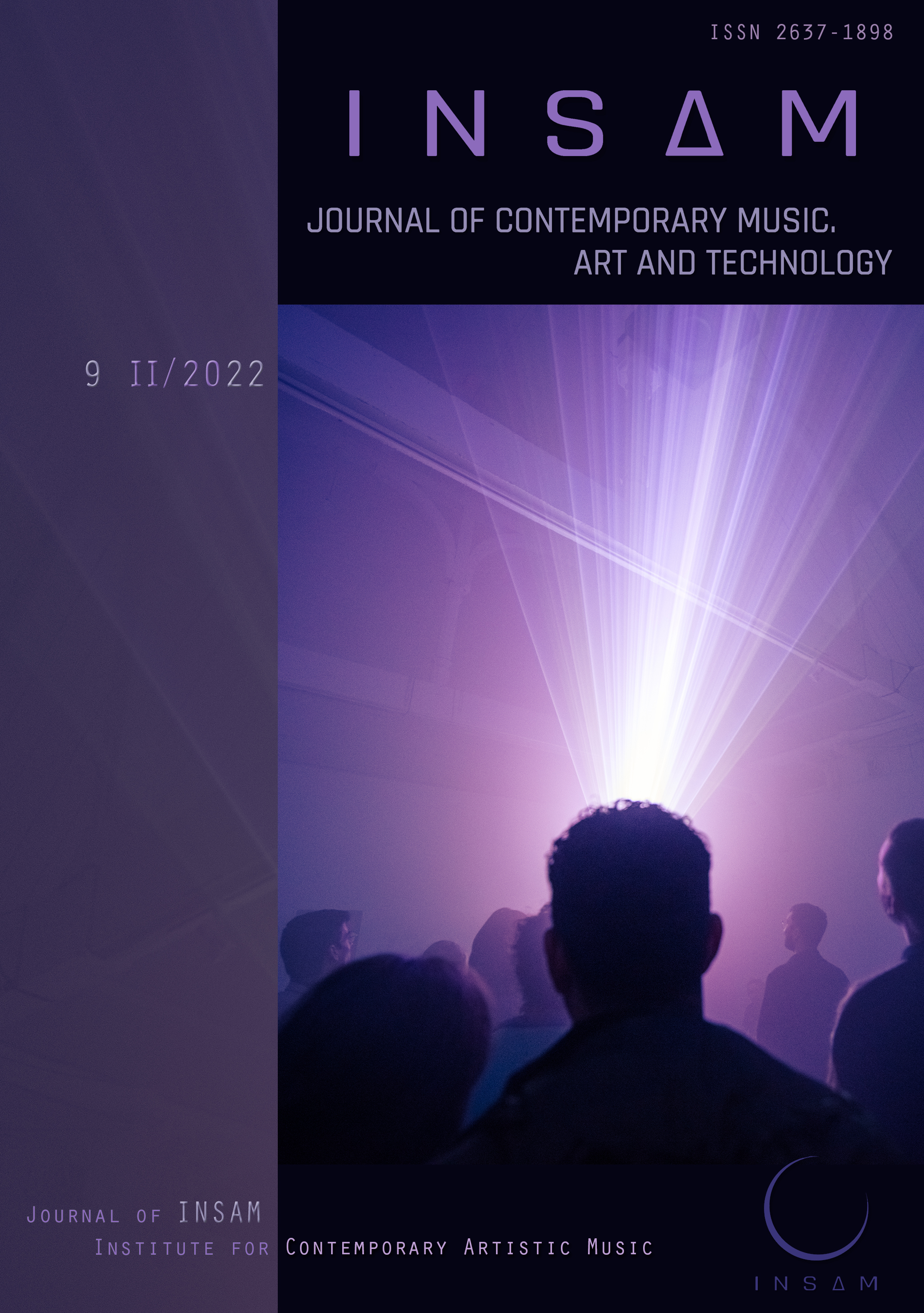
Nothing comes free. Social media can be seen as a liberating force for artists, allowing us to get an equal footing with megacorporations and super franchises in the fight for attention. I certainly felt that impact. For a while. It started with Covid. On the 12th of March 2020 the Norwegian government announced schools and workplaces would be shut down for two weeks due to Covid. On the 15th of March I got a message from an old friend on Facebook, Tarjei A. Heggernes, a strategy professor at a local business school.
More...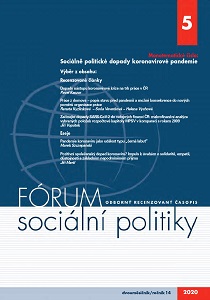
The essay considers the negative socio-economic impacts of government measures aimed at eliminating COVID-19 on the material wellbeing of Czech citizens, and how such socio-economic negative impacts can be mitigated by the introduction of the unconditional basic income (UBI). The author proposes that the current situation should be perceived as an opportunity to initiate major social changes, such as the testing and introduction of the UBI, in order to move towards a fairer society that provides dignified life conditions for most of its members. The author suggests that the UBI is by no means a utopian concept; on the contrary, it is a viable social policy that makes sense from the social, environmental and economic stances since it corresponds well to other contemporary debates underway on, particularly, climate change and the new industrial revolution (Industry 4.0). The conclusion section includes an appeal from the author for the Czech Republic to conduct a similar UBI experiment that serves to open a serious debate on this issue.
More...
The article addresses a number of the problematic aspects of digitalisation in connection with trends that have been intensified by the coronavirus pandemic. In addition to the undoubtedly positive benefits of the use of technology, attention must also be devoted to the various negative effects and the importance of maintaining alternatives. The author draws particular attention to the issue of the protection of the privacy of the citizen, the risk of discrimination against digitally-excluded persons, the vulnerability of the state administration system and the danger of excessive dependence on large technological companies. The article further recommends the consideration of this issue via the creation of strategies and legislation in the field of digitalisation.
More...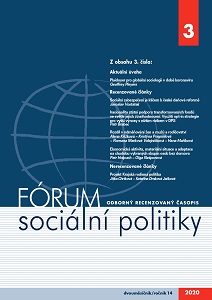
The article, originally published in English in April this year at the time of the global culmination of the coronavirus pandemic, reflects on the challenges presented to society and, especially, to sociologists by the covid-19 outbreak. The author points to the process of deglobalisation, which has even temporarily affected the social sciences, and advocates a more global sociology in the future. According to the author, this does not mean sociology limiting itself to macroanalysis and methodological globalism; on the contrary, the author emphasises the importance of obtaining empirical and analytical knowledge from different regions. The article goes on to comment on four important thematic areas in which the social sciences have, to date, reflected the impacts of the coronavirus pandemic, highlighting the related important policy aspects. Among other things, the author expresses concern that the pandemic has the potential to reinforce authoritarian tendencies through the application of biopolitics based on new technologies and artificial intelligence.
More...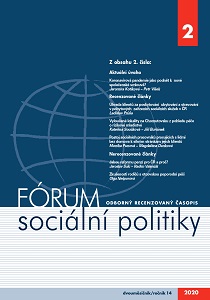
The article discusses the social and other impacts of the current coronavirus pandemic and outlines a number of measures aimed at addressing its various consequences.
More...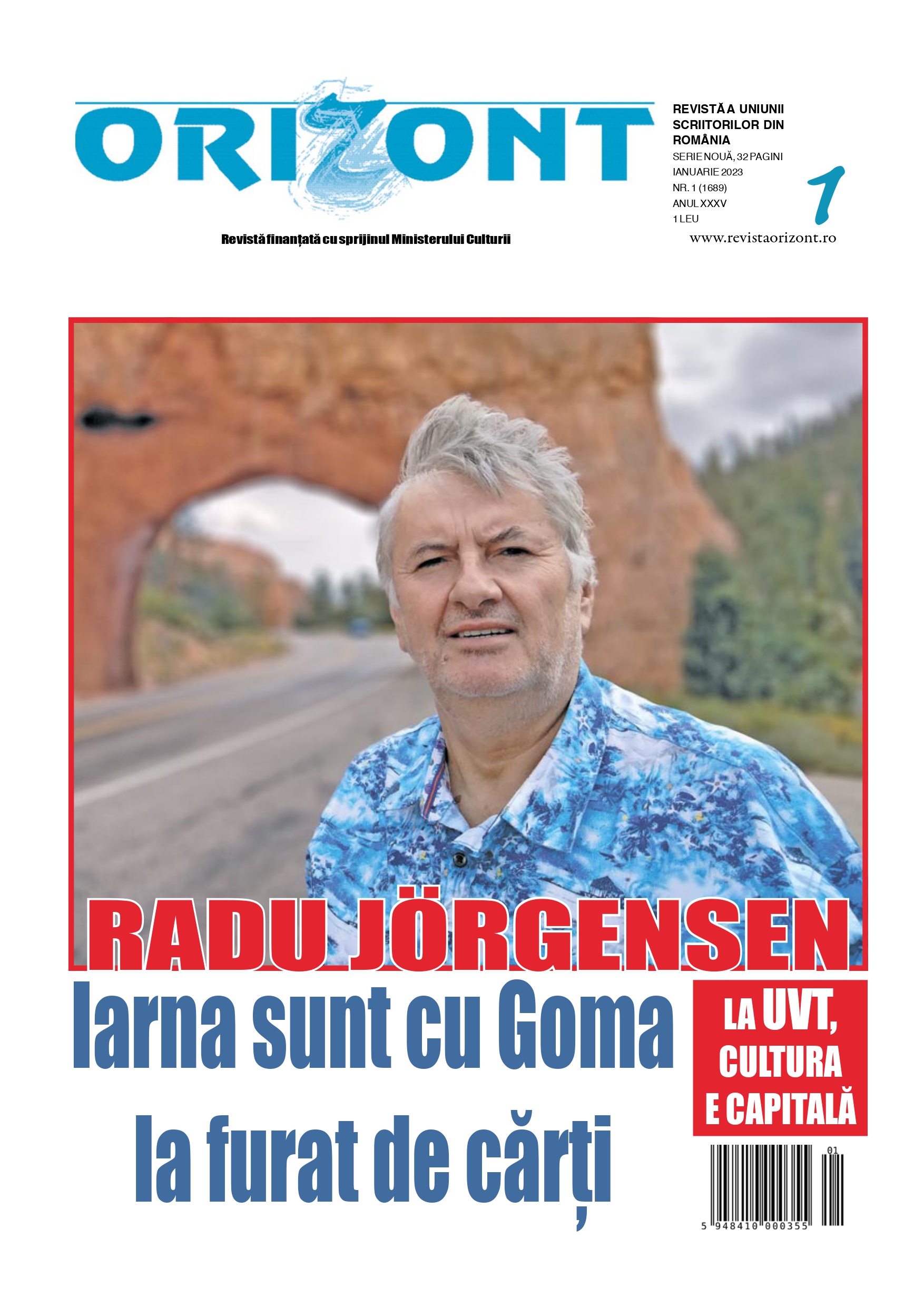
A scrie despre relația de iubire dintre un bărbat și o femeie – chiar și atunci când protagoniștii sunt celebri — reprezintă o încercare aproape imposibilă. Și poate nici reală — în accepțiunea obișnuită a termenului. E cât se poate de dificil să reconstitui stări și sentimente care au legat cândva afectiv doi oameni. O viață – prin acțiunile ei, prin documentele lăsate de indivizi, prin însemnări sau corespondențe – poate fi reconstituită faptic. Trăirile unui om însă, vor fi întotdeauna pentru un istoric, situate într-un registru în care speculația – onestă, de altfel, cu sursele pe masă - va fi cea care va conduce discursul.
More...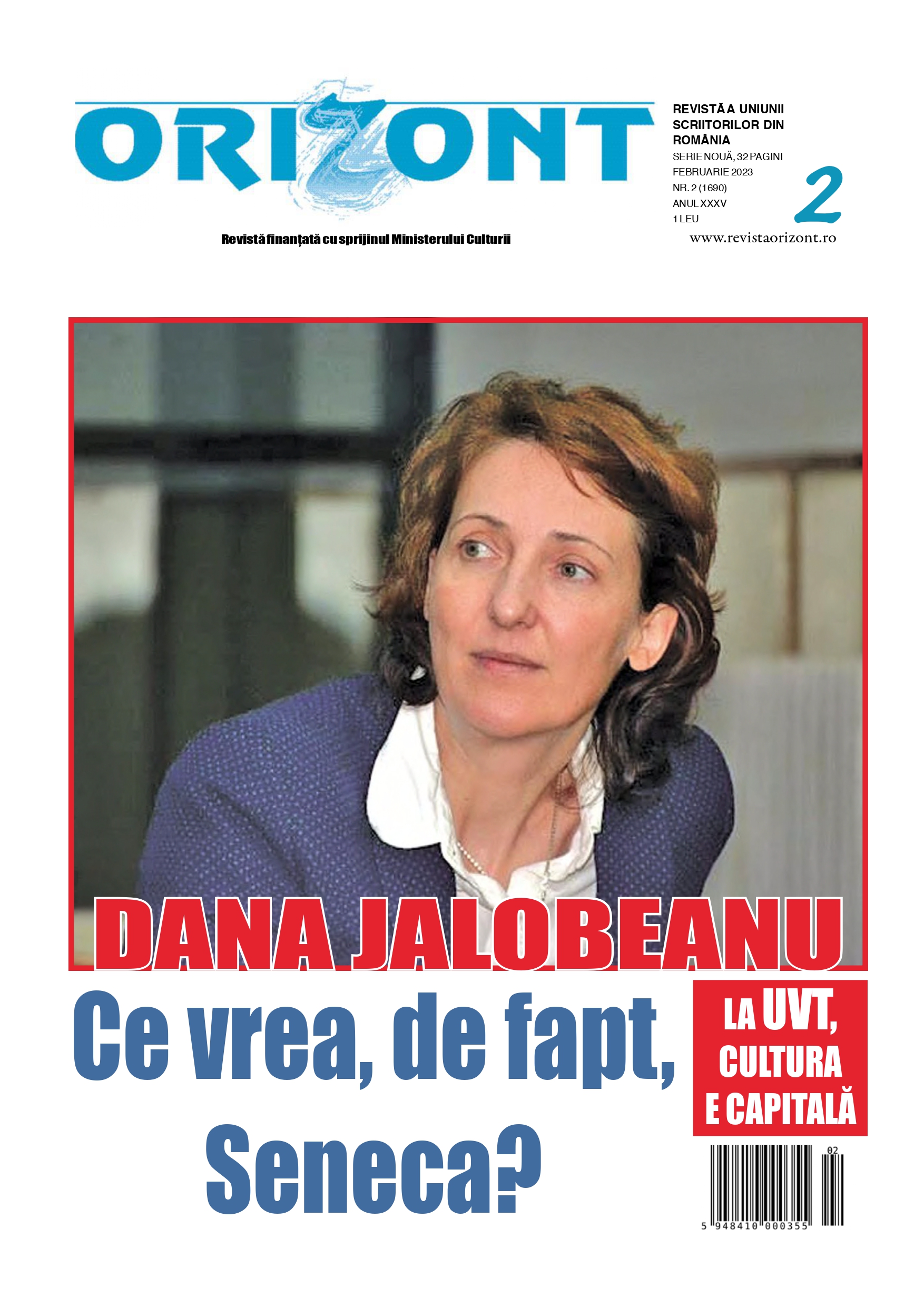
În antichitate, desigur, toate drumurile duceau la Roma. Mai tîrziu, în Evul de Mijloc, situația s-a mai schimbat: toate drumurile credinței duceau la Ierusalim. Și treceau prin Provence. Cruciadele, pelerinajele, drumurile de comerț, toate au lăsat semne pe aici. Iar printre autorii semnelor se văd limpede miile de templieri care au animat, timp de două sute de ani, viața provensală, au ordonat-o, au păzit-o, au făcut-o să atingă prosperitatea.
More...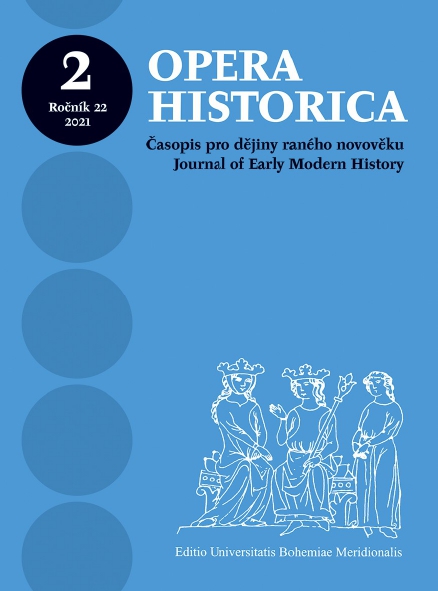
Understanding the court ceremonial of early modern times is one of the basic prerequisites for an understanding of the meaning of the existence of the institution of the imperial court, the hierarchical arrangement of the court as an organism and the ranking of its members, with the sovereign at their head. The present study therefore maps the development of research on the courts of the Habsburg emperors in the 16th-18th centuries from the perspective of Czech and Central European historiography. In the first part, the authors attempt to provide a general definition of ceremonial on the threshold of modern times. They devote special attention to the semantic significance of period terms associated with ceremonial, and note the contemporary typology of celebrations at the court of the sovereign. They go on to analyse the historiographic development of research into the imperial court and the ceremonies closely associated with it at the early modern courts of the Habsburgs, especially in the last two decades.
More...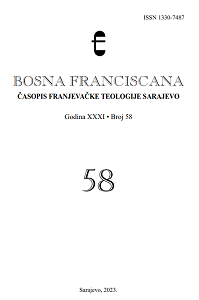
U starim franjevačkim kronikama i ljetopisima sačuvana je tradicija o rušenju brojnih crkava i samostana od strane osmanskih vlasti u prvim desetljećima 16.-og stoljeća. Uz one u Kraljevoj Sutjesci, Konjicu, Kreševu, Visokom spominju se i samostan i crk va Duha Svetoga u Fojnici. Zahvaljujući rijetkim ali na sreću sačuvanim izvornim turskim spisima, u prigodi smo rekonstruirati te događaje, a u konkretnom slučaju i precizno odrediti njihovu obnovu.
More...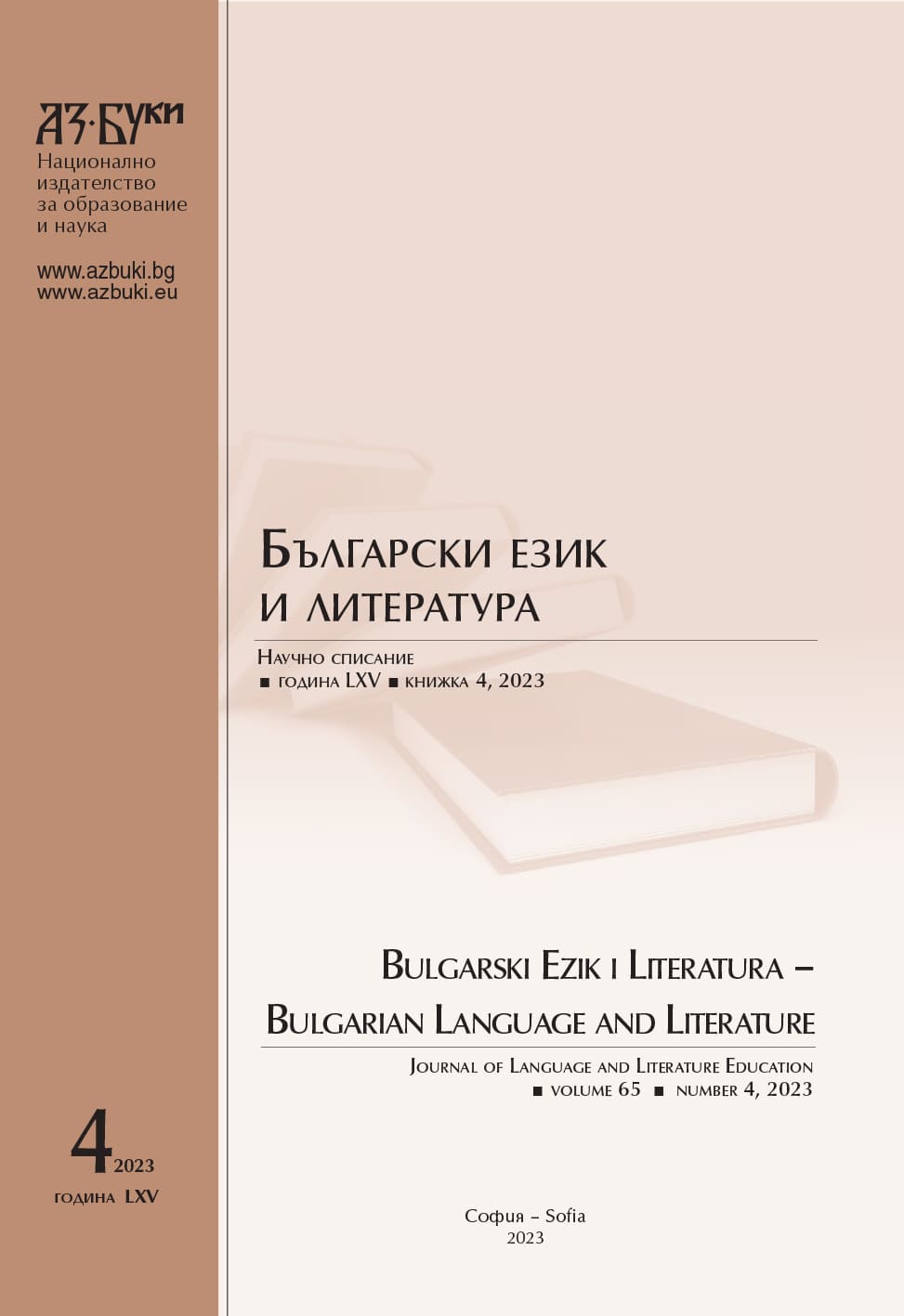
The paper is focused on the representation of interwar Soviet Russia, which can be seen in Bulgarian travelogues – Ana Karima's “In Russia today” (1928), Dr Hristo Stoykov's “In Soviet Russia” (1930) and prof. Asen Zlatarov's “In the Soviets' Country” (1936). The country is presented in the process of constant change, during which the façade of the old monarchic Russia disappears behind the major architectural changes of Soviet Russia. The article analyses the travelers’ attempts to be as objective as possible in their observations and depictions for the Bulgarian reader and to capture the current image of the ideological rebuild of the Russian reality.
More...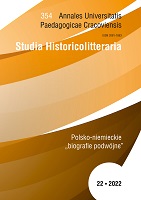
I am writing this text in special times, when I witness the arrival of hundreds of thousands of refugees from Ukraine to Berlin. They get off at the main station, with suitcases and bags, uncertain, deprived of the possibility of returning home soon - at least for the next months, if not years. They will have to live in a country to which they did not want to emigrate, whose language and culture they do not know. Now, like it or not, I remember my arrival in Berlin. It was similar, although not in such dramatic circumstances as the current war in Ukraine. We did not run away from bombs destroying our homes, we did not leave brothers, fathers and husbands in the country risking their lives to defend their homeland. Nevertheless, I will never forget the night from July 2 to 3, 1981, the train to Berlin packed with travelers and suitcases, the strict inspection of passports and luggage, the GDR border guards with Kalashnikovs slung over their shoulders at the Friedrichstraße station.
More...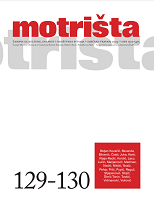
Pod milozvukom zvonkih riječi škripi pero zapelo u teška i nemila doba, zaplelo u miomirise; u zvuke proljeća, ljeta, jeseni, zime... zapelo se i zaplelo u jug, u Mediteran – ishodište civilizacije, dok sricaše riječi one nam izmaknu, iskliznu od prevelke ljubavi: od pjesničkoga zanosa, zatalasaju, razvigore se: penju i padaju lanci – i duhovi pred unutarnjom slobodom koju donosi i sriče riječ, ničim ograničena: unutarnja sloboda – pjeva. Miljkovićevski rečeno kao što su sužnji znali pjevati o njoj i težiti za njom do iščeznuća. Bajkovitost lahori, vigori i igra svoju igru, ne misleći na strogi oblik – ne misleći ni na ono izrečeno; puštajući i ispuštajući riječi u plovidbu morem, zemljom i nebom. Vatra plamti – unutarnja i vanjska!
More...